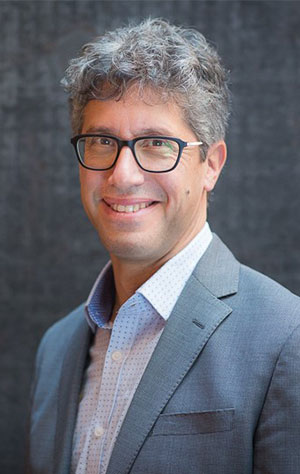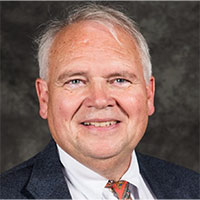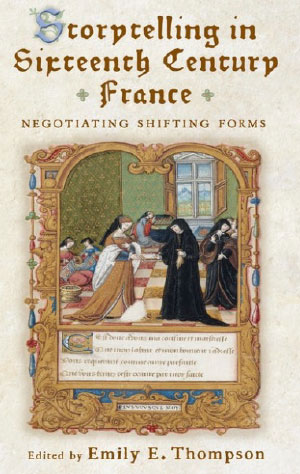News Around Webster: Rosenblum, Dippel and Thompson
December 09, 2022
Rosenblum Named Instructor for Regional Institute on the Holocaust and Jewish Civilization
 Webster History Professor Warren Rosenblum will be an instructor, alongside professors
from Washington University and the University of Missouri, for the Holocaust Educational
Foundation’s prestigious Regional Institute on the Holocaust and Jewish Civilization,
to be held April 28–30, 2023, on the campuses of Washington University and the Kaplan
Feldman Holocaust Museum.
Webster History Professor Warren Rosenblum will be an instructor, alongside professors
from Washington University and the University of Missouri, for the Holocaust Educational
Foundation’s prestigious Regional Institute on the Holocaust and Jewish Civilization,
to be held April 28–30, 2023, on the campuses of Washington University and the Kaplan
Feldman Holocaust Museum.
The institute is open to higher education instructors and graduate students.
Rosenblum also presented the paper “Bethel in our Dreams: The Asylum Between Utopia and Nightmare,” at the Lessons and Legacies Conference in Ottawa, Canada in November.
Dippel Featured As Speaker for MOCPA Professional Development Series
 Associate Professor Richard Dippel from Webster’s Walker School of Business & Technology
was a featured speaker Dec. 8 for the Missouri Society of Certified Public Accountants
Professional Development Series. The series took a deep dive into the role of the
forensic accountant and how forensic accounting applies to the investigation and establishment
of evidence in a court of law.
Associate Professor Richard Dippel from Webster’s Walker School of Business & Technology
was a featured speaker Dec. 8 for the Missouri Society of Certified Public Accountants
Professional Development Series. The series took a deep dive into the role of the
forensic accountant and how forensic accounting applies to the investigation and establishment
of evidence in a court of law.
Dippel’s presentation was titled, "What to Expect from Your Forensic Accountant."
Thompson Presentation Drawn From Her Recently-Published Book
 Associate Dean Emily Thompson of the College of Humanities and Social Sciences recently
presented a paper at the Sixteenth-Century Studies Conference in Minneapolis, Minnesota.
Her paper, “Exercising Compassion: Lessons Pierre de Boaistuau learned from ‘The Heptameron,’”
traces the influence of a deliberative, humanist compassion on the genre of the “histoires
tragique” that emerges at the cusp of the French Wars of Religion.
Associate Dean Emily Thompson of the College of Humanities and Social Sciences recently
presented a paper at the Sixteenth-Century Studies Conference in Minneapolis, Minnesota.
Her paper, “Exercising Compassion: Lessons Pierre de Boaistuau learned from ‘The Heptameron,’”
traces the influence of a deliberative, humanist compassion on the genre of the “histoires
tragique” that emerges at the cusp of the French Wars of Religion.
The presentation drew from her recently published edited volume “Storytelling in Sixteenth-Century France: Negotiating Shifting Forms,” which was published through University of Delaware Press and Rutgers University Press earlier this year. The book is an interdisciplinary examination of parallels between the early modern era and the world in which we live today. Readers are invited to look to the past to see how then, as now, people turned to storytelling to integrate and adapt to rapid social change, reinforce or restructure community, sell new ideas and refashion the past.
